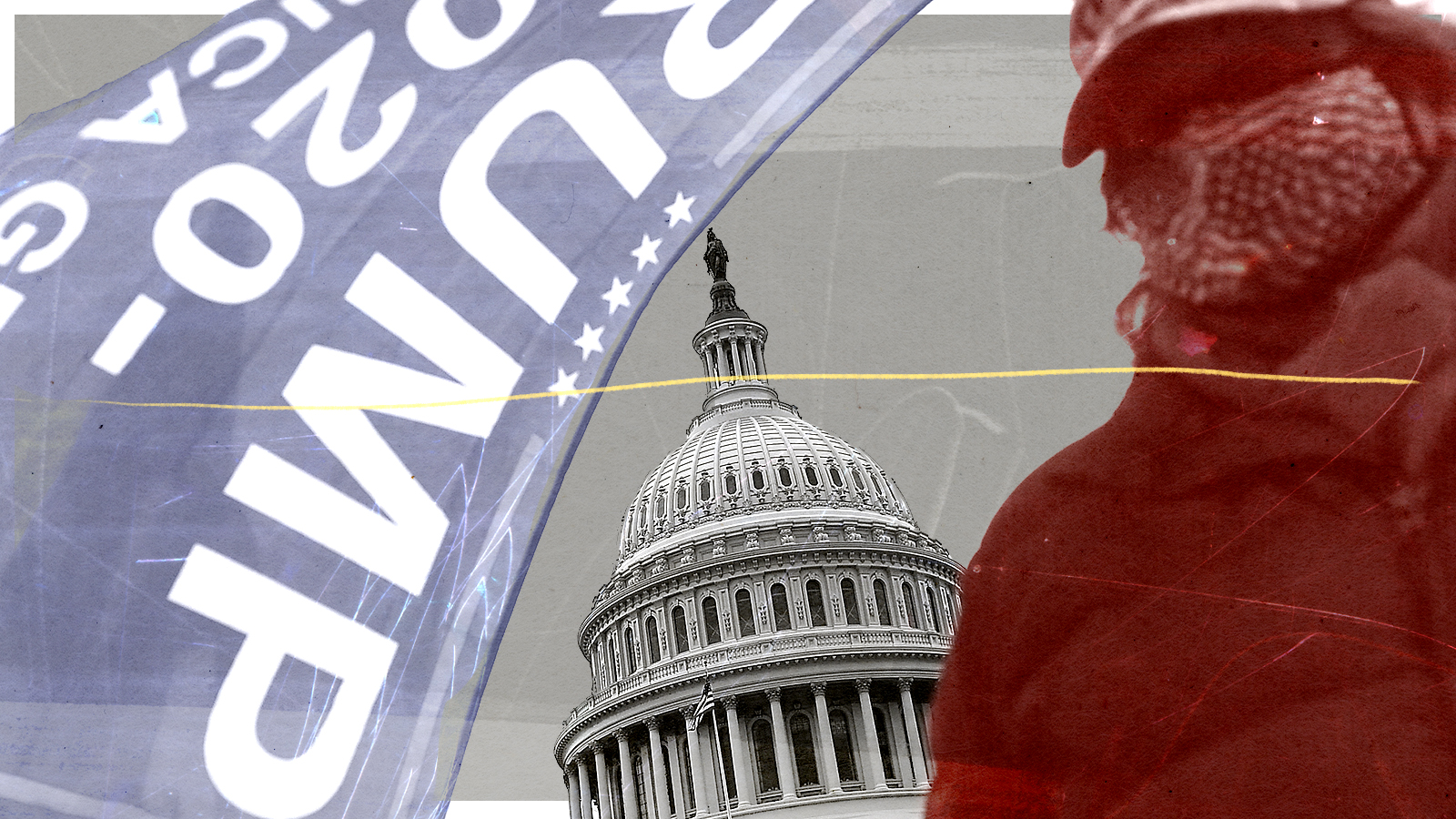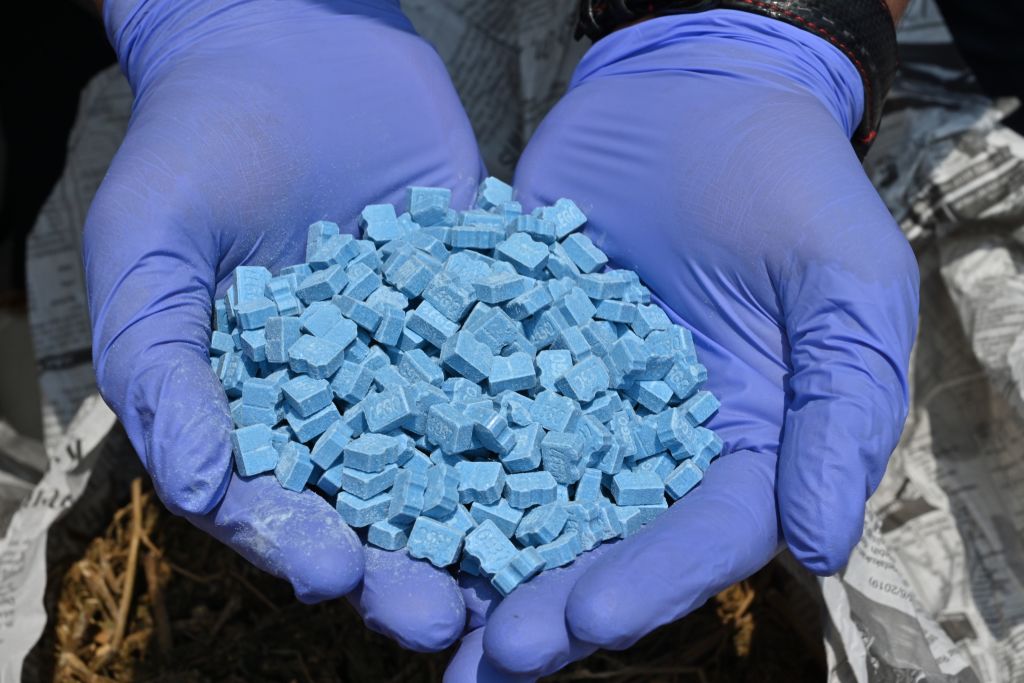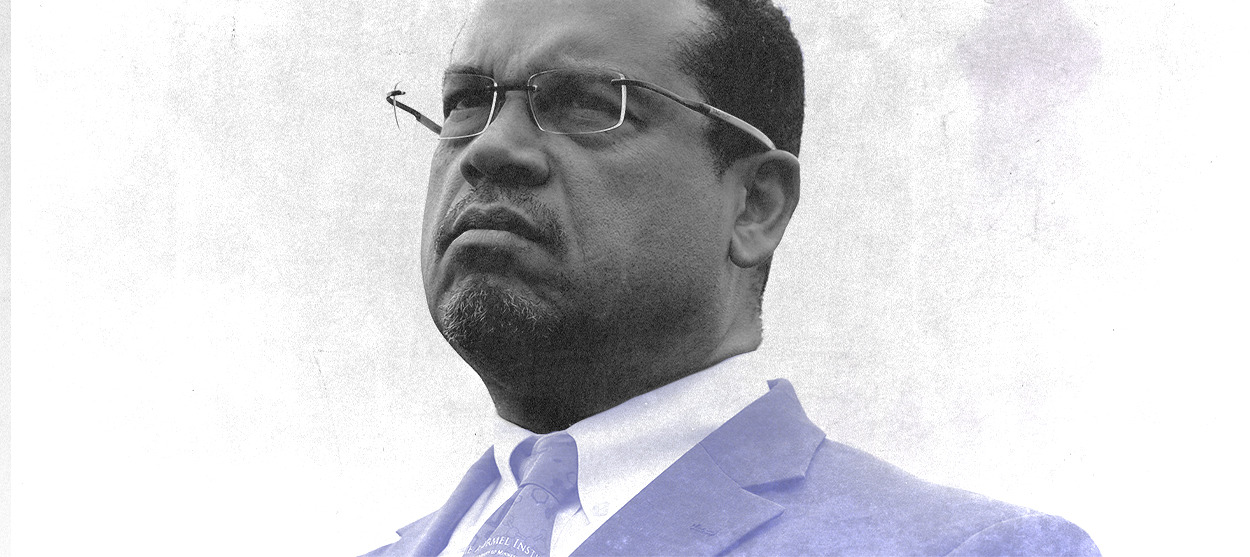It's not just the coronavirus death toll


A free daily email with the biggest news stories of the day – and the best features from TheWeek.com
You are now subscribed
Your newsletter sign-up was successful
Much of our conversation about COVID-19 centers on numbers: How many infected? How many tested? How many dead? But there's an important number we aren't discussing because we can't yet know what it is: How many people who survive COVID-19 will have long-term damage from the virus?
Consider a new study from Germany published Tuesday. Researchers compared heart MRIs from 100 people who'd recovered from COVID-19 to those of 100 demographically similar people who'd never been infected. The average age of the recovered patients was just 49, and two thirds had relatively mild cases that never required hospitalization. Still, three quarters of the COVID-19 group were found to have structural changes in their hearts, including "evidence of a biomarker signaling cardiac injury typically found after a heart attack." Researchers don't know how permanent these changes are yet, but they're worried, according to Stat News.
This is also far from the only reason to think COVID-19, unlike the flu, may have lasting effects. Reports this week from USA Today and NBC News profile "long-haulers" with serious symptoms lingering for months. Runner's World has the account of Clare Kane, who went from half-marathon training to days of chest pain after a 20-minute jog. Lung damage has been repeatedly found in asymptomatic patients, including children.
The Week
Escape your echo chamber. Get the facts behind the news, plus analysis from multiple perspectives.

Sign up for The Week's Free Newsletters
From our morning news briefing to a weekly Good News Newsletter, get the best of The Week delivered directly to your inbox.
From our morning news briefing to a weekly Good News Newsletter, get the best of The Week delivered directly to your inbox.
Many have argued against significantly disrupting ordinary life in the name of controlling COVID-19's spread because, they note, "everyone dies," and this disease is disproportionately likely to claim the lives of elderly people close to death already. But while it's true we will all die, we will not all live for months or even years with debilitating cardiovascular conditions. Absent COVID-19, we will not all have scar tissue in our lungs, shortening our breath and curtailing our physical activity.
And those effects of COVID-19 matter even though we can't measure them yet. I'm not likely to die if I'm infected, but losing my ability to go for a run or a long walk with my kids would be a bereavement in its own right.
A free daily email with the biggest news stories of the day – and the best features from TheWeek.com
Bonnie Kristian was a deputy editor and acting editor-in-chief of TheWeek.com. She is a columnist at Christianity Today and author of Untrustworthy: The Knowledge Crisis Breaking Our Brains, Polluting Our Politics, and Corrupting Christian Community (forthcoming 2022) and A Flexible Faith: Rethinking What It Means to Follow Jesus Today (2018). Her writing has also appeared at Time Magazine, CNN, USA Today, Newsweek, the Los Angeles Times, and The American Conservative, among other outlets.
-
 What to know before filing your own taxes for the first time
What to know before filing your own taxes for the first timethe explainer Tackle this financial milestone with confidence
-
 The biggest box office flops of the 21st century
The biggest box office flops of the 21st centuryin depth Unnecessary remakes and turgid, expensive CGI-fests highlight this list of these most notorious box-office losers
-
 The 10 most infamous abductions in modern history
The 10 most infamous abductions in modern historyin depth The taking of Savannah Guthrie’s mother, Nancy, is the latest in a long string of high-profile kidnappings
-
 The dangerous vigilantism that fueled Jan. 6
The dangerous vigilantism that fueled Jan. 6Talking Point
-
 The real reason the Pentagon is sounding the alarm over China's hypersonic missile
The real reason the Pentagon is sounding the alarm over China's hypersonic missileTalking Point
-
 China's ominous incursions over Taiwan
China's ominous incursions over TaiwanTalking Point
-
 Is Bibi-ism possible without Bibi?
Is Bibi-ism possible without Bibi?Talking Point
-
 Twitter will ask users to 'reconsider' mean replies they 'might regret later'
Twitter will ask users to 'reconsider' mean replies they 'might regret later'Speed Read
-
 New clinical trial boosts case for using MDMA, or ecstasy, to treat severe PTSD
New clinical trial boosts case for using MDMA, or ecstasy, to treat severe PTSDSpeed Read
-
 The Derek Chauvin solitary confinement predicament
The Derek Chauvin solitary confinement predicamentfeature
-
 Keith Ellison's strategy in the Derek Chauvin trial paid off
Keith Ellison's strategy in the Derek Chauvin trial paid offfeature
